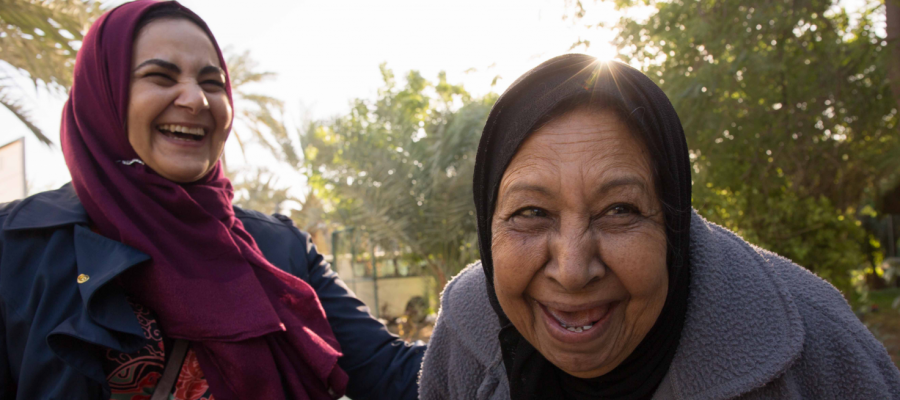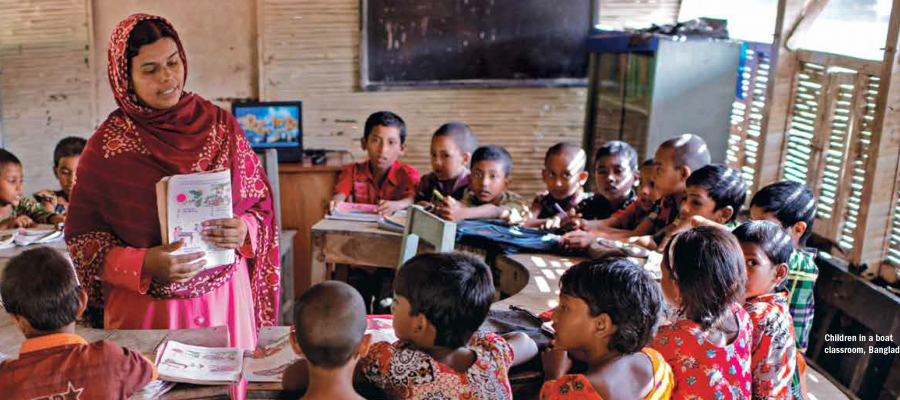A few days ago*, I visited Walden Pond in Concord, Massachusetts. When I arrived, the wind was bitingly cold, and the lake shore was obscured by thick flurries of snowflakes. I was there to see the place where Henry David Thoreau, renowned writer and naturalist, had spent two years, two











